Cashing in the Chips
| Cashing in the Chips
The Bi-partisan passage of the Chips and Science Act of 2022 was touted as the remedy to wean us off our dependence on foreign computer chips. One and a half years later the question arises: Where has all the construction gone? At the one year anniversary of the CHIPS Act, the Department of Commerce had yet to award a single beneficiary any incentives from the act’s sizable subsidies. Since then, according to the Semiconductor Industry Association, the CHIPS Program Office has announced $29.556 billion in grant awards (of the $53 Billion allocated). The result? Owners are delaying capital allocation until receipt of federal moneys are in place. But money is not the only reason for the interruption. Our government can be its own worst enemy as Intel, Samsung, TSMC and others cite federal, state and local regulations as key impediments. Regulations from the EPA, OSHA, CPSC, state building commissions and local building codes all combine to impede construction schedules – many of them are cited as “arcane”, regulations that do not exist in China and other Asian countries. Thirdly, semiconductor manufacturing presents unique infrastructure demands involving power, water and water treatment. Large semiconductor fabs use as much as 100 megawatt-hours of power each hour as well as millions of gallons of water every day! In addition, chip manufacturing creates contaminants that require unique wastewater treatment systems that most localities do not possess. Lastly, large scale fab construction has not occurred in the U.S. in more than 20 years, and few builders possess the experience, capabilities, and expertise required to deliver these specialized projects. In addition, these contractors must compete with other expanding markets for skilled workers, from earthwork specialists to electricians and plumbers. As a result of these challenges, the construction of many of the announced semiconductor manufacturing facilities – as well as the construction of the supply chain facilities providing chemicals, gases and equipment necessary for chip production – has been delayed or scaled back. With an uncertain future, these construction delays include chip manufacturers TSMC, Intel and Samsing as well as chemical and material suppliers LCY Chemical, Solvay, Topco Scientific and others. Reliance upon former supply chains is again being considered. Government incentives alone will not reignite the construction of these facilities. As costs and timelines increase for these mega, highly technical projects, solutions involving financing, specialized labor, modular design, offsite fabrication and scheduling will need to be found. |
To learn more about who Dixie is, visit our About page.
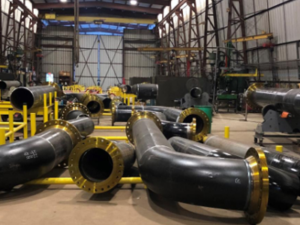
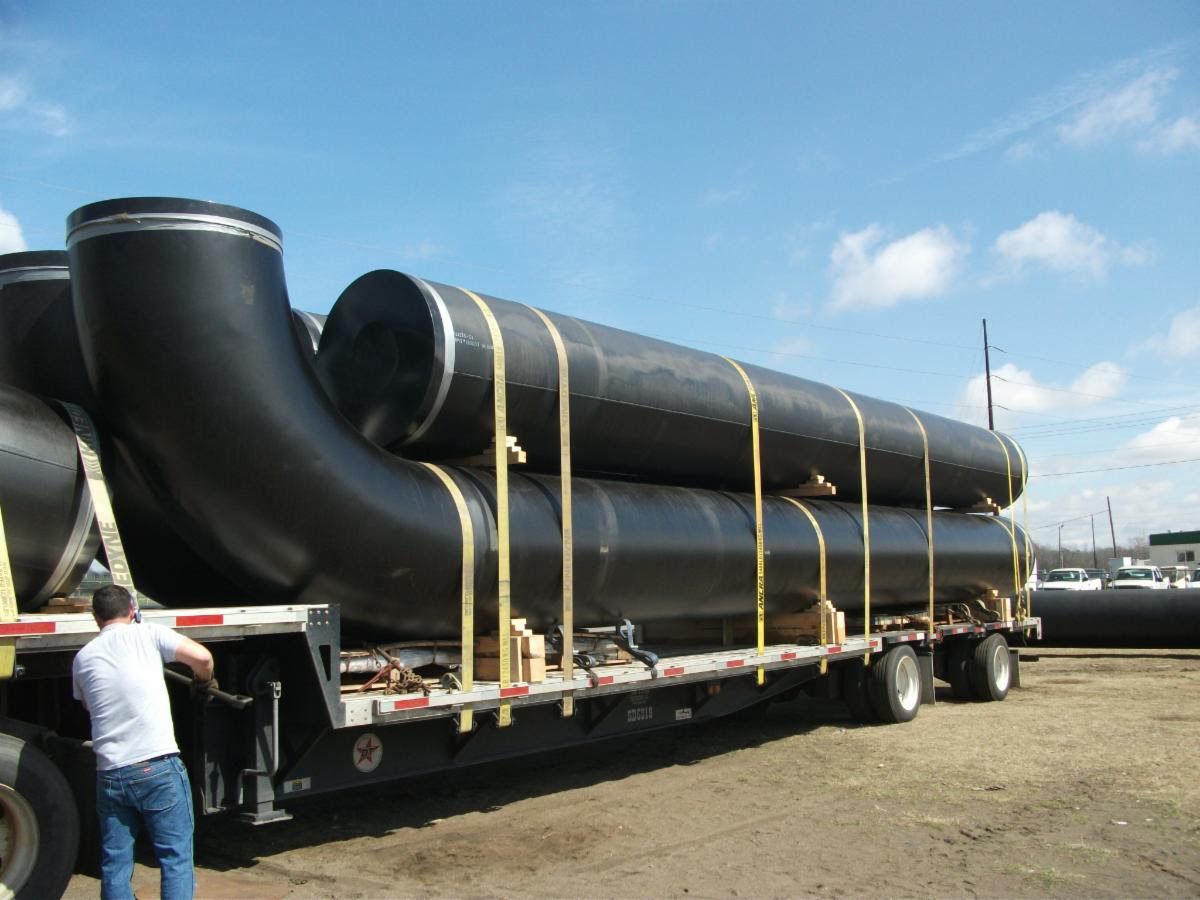
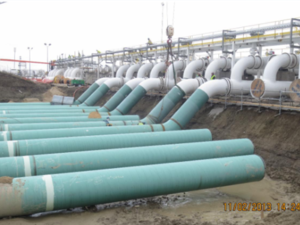
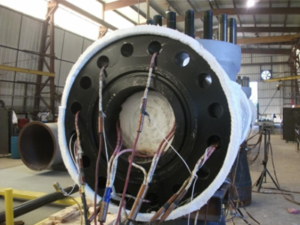
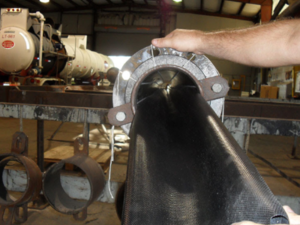


Stay Connected